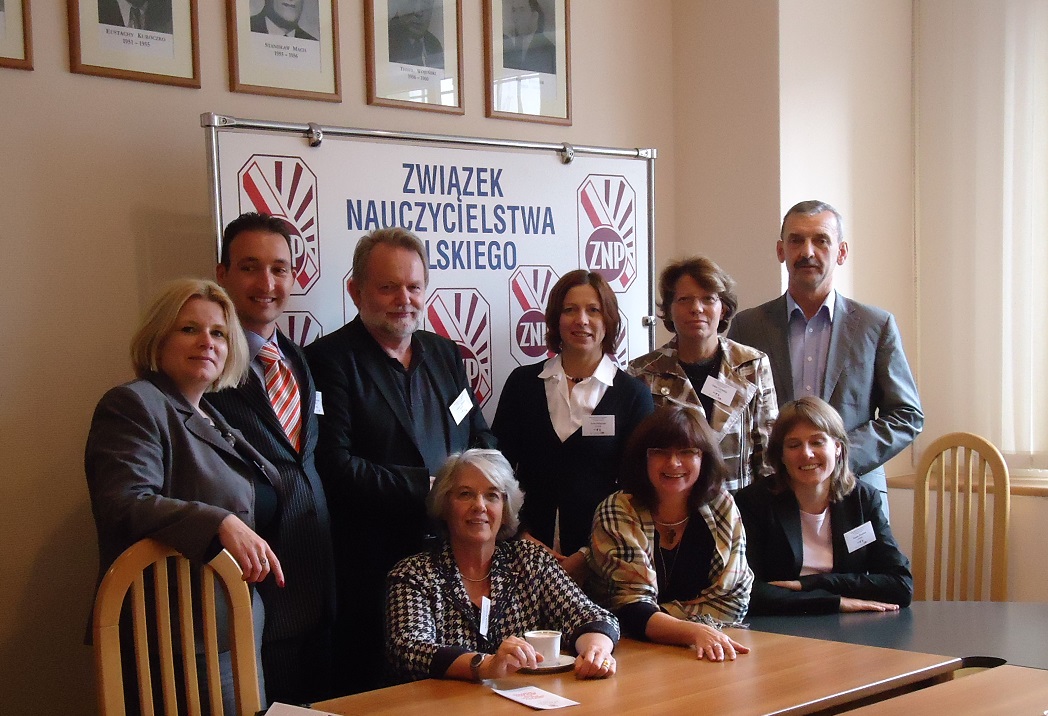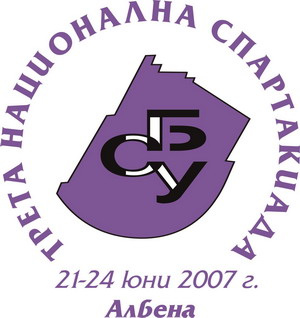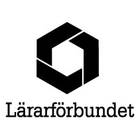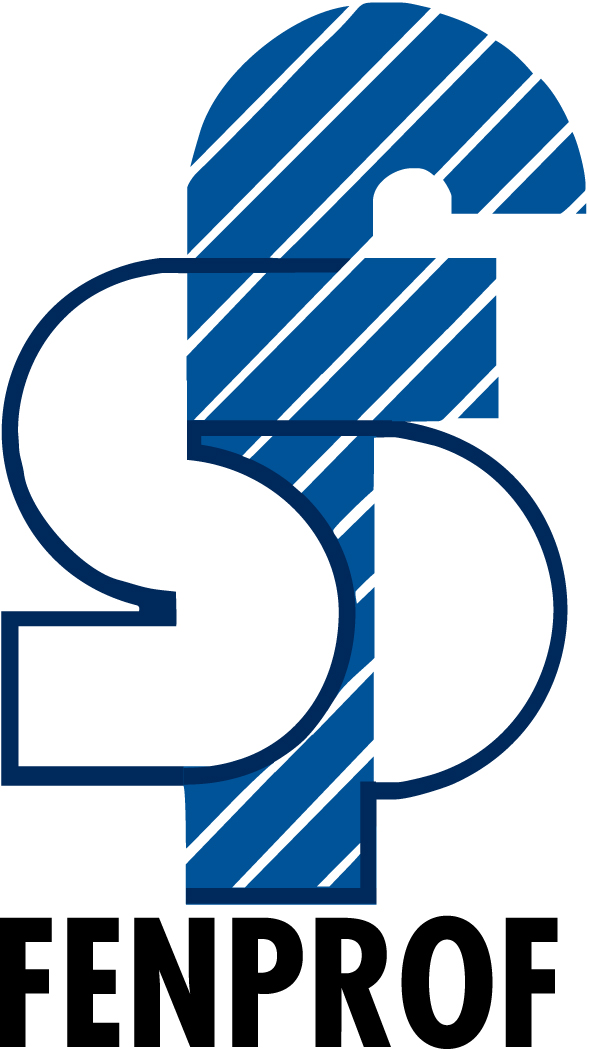Evaluation of the Impact of Psychosocial Hazards on Teachers (2010-2011)
The safety and health of teachers is a priority of ETUCE. ETUCE believes a school should be a safe, healthy and propitious place for teaching and learning. Schools are the workplace of teachers, but first and foremost they are educational institutions for young students. Occupational health and safety problems can thus be harmful not only for the workforce (teachers and other staff in education), but can indirectly harm the pupils and put at risk the quality and efficiency of the education provided.

Related topics
Background
The project presented here had the purpose to further develop the work previously carried out in the ETUCE project "Teachers' Work-Related Stress: Implementing the ETUCE Action Plan and the European Autonomous Agreement on Work-Related Stress". Supporting the inclusion of psychosocial hazards in collective agreements in the education sector remains a highly important issue for national teacher unions and the ETUCE.
The previous work-related stress (work-related stress) project was carried out in 2009 and focused on carrying into effect its Action Plan on Work-Related Stress and supporting the ETUCE member organisations to continue implementing the European Framework Agreement on Work-Related Stress signed by ETUC-UNICE/UEAPME in 2004.
The ETUCE member organisations developed practical guidelines and exchanged good practice examples of establishing risk assessment systems at national and school level which include psychosocial hazards.
On these grounds, a new ETUCE work-related stress project was initiated to continue and deepen the work ETUCE has accomplished so far.In 2010 ETUCE began this European-wide research project to collect concrete information and facts on work-related stress amongst teachers. In May 2011 a survey was launched to gather data on the impact of psychosocial hazards on teachers inviting teachers from 500 schools (grassroot level) in all EU/EFTA countries to participate. The survey takes is constructed on the basis of the Copenhagen Psychosocial Questionnaire (COPSOQ). The results have served both ETUCE member organisations at national level in collective agreements and the ETUCE that in cooperation with the European Federation of Education Employers (EFEE) established the European Sectoral Social Dialogue Committee in Education, which has work-related stress as a priority topic on its agenda.
The core element in this project is the online European-wide Survey aimed at the Assessment, Comparison and Evaluation of the Impact of Psychosocial Hazards on Teachers at their Workplace.
Advisory Group
 The ETUCE project "Teachers work-related stress: European-wide Survey – Assessment, Comparison and Evaluation of the Impact of Psychosocial Hazards on Teachers at their Workplace" was guided by an Advisory Group (AdvG).
The ETUCE project "Teachers work-related stress: European-wide Survey – Assessment, Comparison and Evaluation of the Impact of Psychosocial Hazards on Teachers at their Workplace" was guided by an Advisory Group (AdvG).
The AdvG will guide the project implementation and meet at regular intervals throughout the project implementation period. Next to a member of the ETUCE staff, the Advisory Group was composed of experts from four teacher unions as well as one member of the European Federation of Education Employers (EFEE).
All members of the Advisory Group have already proven their expertise and commitment to the work of ETUCE in previous projects. The advisory group members will support the study not only with their expertise and knowledge on teachers' work-related stress but most importantly help to identify the schools in all EU/EFTA countries targeted in this study and establish contacts with these schools and their respective teachers to reply to the questionnaire.




The Advisory Group consisted of:
-Anders Eklund, Lärarförbundet, Sweden
-Ana Gaspar, FENPROF, Portugal
-Charles Nolda, EFEE, Belgium
-Anne Jenter, GEW, Germany
-Kounka Damianova, SEB, Bulgaria
The Copenhagen Psychosocial Questionnaire (COPSOQ)
The Copenhagen Psychosocial Questionnaire, COPSOQ, has been developed and validated by Kristensen and Borg of the Danish National Institute for Occupational Health in Copenhagen and is covering a broad range of aspects of currently leading concepts and theories.
The questionnaire is developed in three different lengths for assessing psychosocial factors at work, stress, and the well-being of employees and some personality factors. The questionnaire is comprehensive and is highly praised for including most of the relevant dimensions according to several important theories on psychosocial factors at work.
The tool consists of three instruments: 1) A long questionnaire for research use 2) A medium size questionnaire to be used by work environment professionals 3) A short version to be used by the workplaces.
The questionnaire has be prepared in the following languages: French, Dutch, Greek, Czech, Danish, Estonian, Finish, Bulgarian, Hungarian, English, Italian, Latvian, Lithuanian, Polish, Portuguese, Romanian, Slovak, Slovenian, Spanish, German and Swedish.
The purpose of the COPSOQ concept was to improve and facilitate research, as well as practical interventions at workplaces.
For a more thoroughly description of the COPSOQ and details on the measurement properties, click here.
 The ETUCE engaged the German research institution: the "Forschungsstelle Arbeits- und Sozialmedizin" (FFAS) to conduct the survey. The FFAS, which has long-standing experience in setting up specific questionnaires for teachers assisted the ETUCE in collecting and processing the data gathered from almost 5500 teachers in the EU and EFTA countries. The overall survey results were presented at the Final Project Conference in Berlin, in November 2011.
The ETUCE engaged the German research institution: the "Forschungsstelle Arbeits- und Sozialmedizin" (FFAS) to conduct the survey. The FFAS, which has long-standing experience in setting up specific questionnaires for teachers assisted the ETUCE in collecting and processing the data gathered from almost 5500 teachers in the EU and EFTA countries. The overall survey results were presented at the Final Project Conference in Berlin, in November 2011.
The Survey
The survey gathered information on the impact of psychosocial hazards on teachers from teaching staff in 500 schools in all EU/EFTA countries.
ETUCE asked its member organisations for support in identifying 500 schools from primary/secondary education and Vocational Education and Training and their respective teachers to participate in the Online-Survey on Work-Related Stress (work-related stress).
Teaching staff all over Europe had 4 weeks (16 May to 17 June 2011) to reply to the online-survey. A pre-test was conducted in April 2011. It took approximately 30 minutes to complete the questionnaire and individual feedback was automatically provided in English on finishing the survey.
 This project has been carried out with the financial support of the European Commission
This project has been carried out with the financial support of the European Commission
